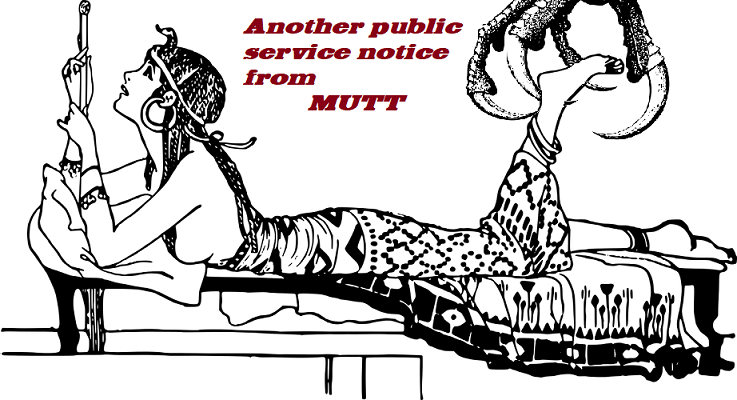Ten Great Tips For WordPress Blog Search Engine Optimization
 Search Engine Optimization, 10 Tips For WP Bloggers
Search Engine Optimization, 10 Tips For WP Bloggers
Many people have Search Engine Optimization on the mind. However, they often use traditional SEO techniques that neglect a WordPress specific approach. By focusing on optimizing your WordPress blog, you will see a marked improvement in your hits and clicks. The following ten tips for WordPress Bloggers may help you gain better control over the issue.
WordPress Focused On Search Engine Optimization
1. Many WordPress specific plug-ins provide automated Search Engine Optimization resources. Some are free and some are cost-added. All provide easy to manage and transparent options that you can enable or disable at your discretion. Many of the following tips are included as features in such search engine optimized plug-ins. Therefor, downloading and installing the right tool is your essential first step.
2. Using a WordPress ping facility will maximize your blog’s exposure and increase inbound links. There are several different plug-ins available that accomplish this feat including ones that are specific to disseminating your blog to social networks. Pinging lets other websites know when your content has been updated, so it is imperative that you use it often and effectively.
3. Many bloggers are unaware of the dangers of “stop words.” They are not consistent across the board, but there are some that are used often and filtered out. Among them are commonly used words such as “the,” “a,” “that” etc. You may often see a notice that these words were excluded when using engines like Google. It is very important to remove these stop words from the URLs of your posts and avoid them in future posts. The search engine will not index these words, and may skip over your links altogether.
[amazon_link asins=’1979286973,1522005676,1540537692′ template=’ProductGrid’ store=’rmharrington-20′ marketplace=’US’ link_id=’d5cff340-47e8-11e8-ba5d-b736b50a676a’]
4. Adding a “No follow” is a great way to optimize your blog. By putting a no follow on your home page, you can control the flow of the links on your site and determine the page rankings of your pages.
5. Search Engine Optimization on WordPress Blogs are all about community and conversation among visitors. You must enable comments in order to allow discourse among your viewers. If they don’t see a place to make their voice heard, they may not wish to visit the site again.
6. Something as simple as errors in your code may make a visit frustrating for your followers. By cleaning up and checking through your code, you can make sure that your site is user friendly and enjoyable.
7. Take advantage of images. Make sure every post has an image and the description of that image has been filled out. People underestimate how many visitors come to blogs via Google Images or how much an image makes a post more interesting to a reader. Posts without images can be a bore and might even be perceived as spam.
8. There is a special plug-in called the Google XML Sitemaps Generator Plugin. By installing and enabling this on your blog, you will see that it has become easier for search engines to crawl your blog. This plug-in was created specifically to create a site map that indexes your blog efficiently.
9. Avoid using sponsored themes. Search engines may see your blog as just a shill or portal for the theme creator. You have become an affiliate without even realizing it and will be advertising for someone you may not know.
10. By focusing on WordPress central SEO techniques, you will see improvements to the traffic to your blog. Nonetheless, do not forgo traditional techniques. They are tried and tested methods that has worked for many websites for quite a few years.
WordPress offers an easy and viable website structure. However, if you don’t use Search Engine Optimization techniques crafted specifically to the WordPress environment, you are not taking advantage of everything WP has to offer your business or personal Internet development.













![SEO for WordPress: How To Get Your Website on Page #1 of Google…Fast! [2nd Edition] (Volume 2)](https://rmharringtonshortstories.com/wp-content/uploads/2018/01/51SSSCrsd6L.jpg)
